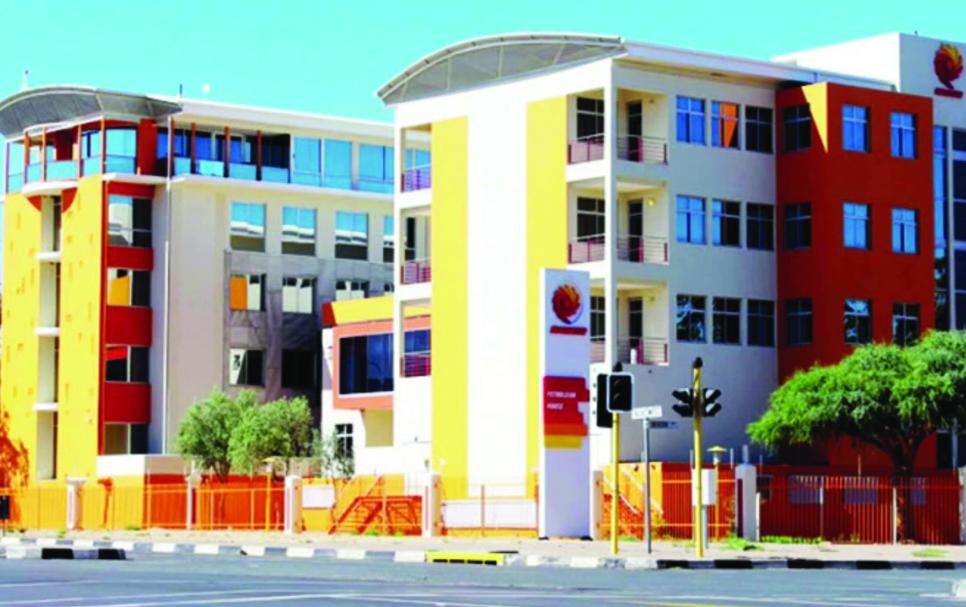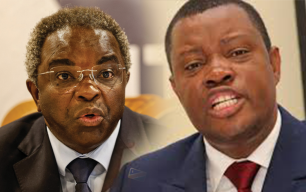Cup flows on Namcor saga

• Tyitende accuses ACC of political bias
• Kaapama cites delays and budget constraints
• Public questions ACC’s independence
By Stefanus Nashama
Political analysts say the unfolding scandal involving the alleged misappropriation of N$480 million at the National Petroleum Corporation of Namibia (Namcor) is more than just another corruption headline.
According to them, the case reflects what many perceive as the Anti-Corruption Commission’s (ACC) systemic reluctance and failure to act decisively. So far, nine individuals have been arrested in connection with the scandal. Among them are businessmen Peter and Malakia Elindi, former Namcor managing director
Immanuel Mulunga, Cornelius Willemse, Jennifer Hamukwaya, her husband Panduleni Hamukwaya, Olivia Grace Dunaiski and Lydia Elindi, the wife of Malakia Elindi.
According to sources, other suspects remain at large and are being pursued by the ACC, meaning more arrests are anticipated.
The scandal adds to a growing list of high-profile financial scandals in Namibia, from the GIPF saga, the SME Bank collapse, and the Fishrot case, to the Namdia controversies. Each has left a significant dent in public confidence and a perception that oversight institutions act only when it is too late.
“It is unfortunate that in Namibia, accountability seems to only kick in when the rot has reached its peak,” says one analyst on condition anonymity fearing backlash and persecution.
“Our institutions, particularly the ACC, are too reactive. By the time arrests are made, the damage is done jobs lost, trust broken and institutions in crisis.”
A NATION GROWING WEARY
The analyst added: "With scandal after scandal shaking national institutions, public trust continues to erode.
"Many Namibians are begins to question whether the ACC is truly independent or merely window dressing in a system where impunity thrives."
This is why, the analyst says, pressure is mouning arounf the call for sweeping reforms in the fight against corruption before the next multimillion-dollar scandal hits the headlines.
ACC A POLITICAL TOOL?
Political analyst Rui Tyitende sharply criticised the ACC, accusing it of functioning as a political tool rather than an impartial institution. “The ACC needs to be consistent in applying the law. It cannot decide when and how to act based on who is involved,” says Tyitende.
“This selective investigation is dangerous. The Namcor case, like Fishrot, was in the media long before any arrests. Initially, the ACC dismissed concerns only to take action once the situation spiralled,” he adds.
Tyitende called for the removal of the entire ACC management, citing lost credibility and a lack of urgency in tackling corruption.
SLOW WHEELS OF JUSTICE
Another analyst, Phanuel Kaapama, echoes concerns about the ACC’s slow response, but also pointed to possible institutional limitations.
“The delays often stem from the investigative process itself, but the ACC has also indicated challenges like budget constraints that prevent it from hiring more investigators,” Kaapama noted. “They have mentioned difficulties in retaining staff, with many leaving for better opportunities. These unfilled vacancies ultimately slow down investigations.”
Kaapama urges the commission to do everything possible to speed up investigations, including lobbying for increased funding and improving internal efficiency.
- 6 views










Comments